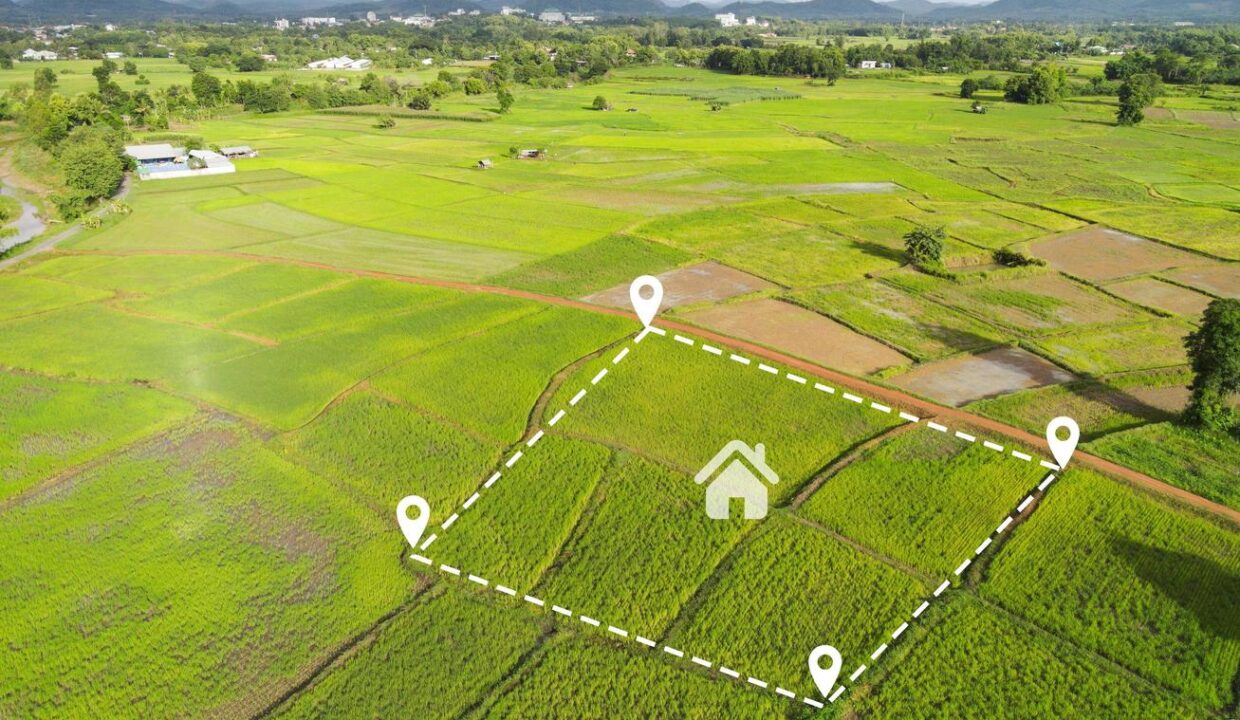
So, you bought land in Indonesia? Sweet! Just a heads-up: it’s not like that forgotten sandwich you left in the fridge. Turns out, ‘out of sight, out of mind’ doesn’t fly with the government. There is a rule that means neglected plots are fair game, and they’re serious about turning those ‘oops, I forgot I owned that’ into something useful.
Repurposing for Public Benefit
On February 2, 2021, then-Indonesian president Joko Widodo signed Government Regulation Number 20 of 2021, signaling the government’s bold move to reclaim neglected land. Under this rule, any abandoned land or area can now be directly taken over by the state.
The scope is wide, including idle mining zones, forgotten plantations, underutilized industrial spaces, neglected tourism spots, and even large-scale residential areas left to waste.
And that’s not all! The rule also applies to a variety of land ownership types, from private land and building use rights to business use rights, usage rights, management rights, and even land obtained under specific ownership claims.
This regulation is more than just a law, it’s a mission to rescue abandoned spaces from being a drag on the economy. By repurposing this land for public benefit, the government aims to turn liabilities into assets, ensuring they serve the people and the nation.
Cracking Down on Abandoned Land, Here’s How It Works!
According to Article 14, the process of managing abandoned areas is broken down into three clear stages:
- Evaluating Abandoned Areas
- Issuing Warnings for Abandoned Areas
- Officially Designating Abandoned Areas
Once all three steps are complete, the government steps in to officially designate the area as abandoned land.
And here’s where things get serious… Article 20 states:
- Licenses, permits, or concessions tied to the land will be revoked; and/or
- The area will be formally claimed as state-controlled property.
The previous rights holders must vacate abandoned land within 30 calendar days of its designation, no exceptions.
Objects of Abandoned Land Regulation
Following the outlined procedural steps for identifying and declaring abandoned land, it’s crucial to understand precisely which types of land ownership are subject to these regulations.
Basically, if you own freehold land in Indonesia and you’re just letting it sit there without using it, not taking care of it, for 20 years without any legal claim, or you’re just not fulfilling the land’s social function – then the government can step in and declare it abandoned.
This regulation is considerably stricter for other forms of land rights, which are the primary options available to foreign businesses.
It also applies to other types of land rights, like Rights to Build (Hak Guna Bangunan) and Rights to Use (Hak Pakai). If you don’t develop or maintain these lands for 2 years after getting the rights, the government can consider them abandoned. The same 2-year rule applies to Cultivation Rights (Hak Guna Usaha).
Active Development with Seven Stones Indonesia
To ensure compliance and to avoid potential government intervention, foreign businesses holding land rights in Indonesia should prioritize active development and utilization of their properties.
This includes adhering to approved development plans, maintaining the land in accordance with local regulations, and demonstrating consistent efforts to utilize the land for its intended purpose. Regular monitoring and documentation of land use can also serve as crucial evidence of compliance.
Furthermore, engaging with local experts and authorities can provide valuable insights into specific regional requirements and best practices.
Seven Stones Indonesia offers comprehensive property management and consulting services, assisting foreign businesses in understanding these complexities and ensuring their land holdings remain compliant and productive. Contact us today for tailored solutions and expert guidance on optimizing your real estate assets.
Sources: CNBC, RadarTarakan
Feat Image: via Vecteezy
